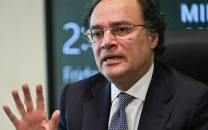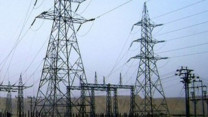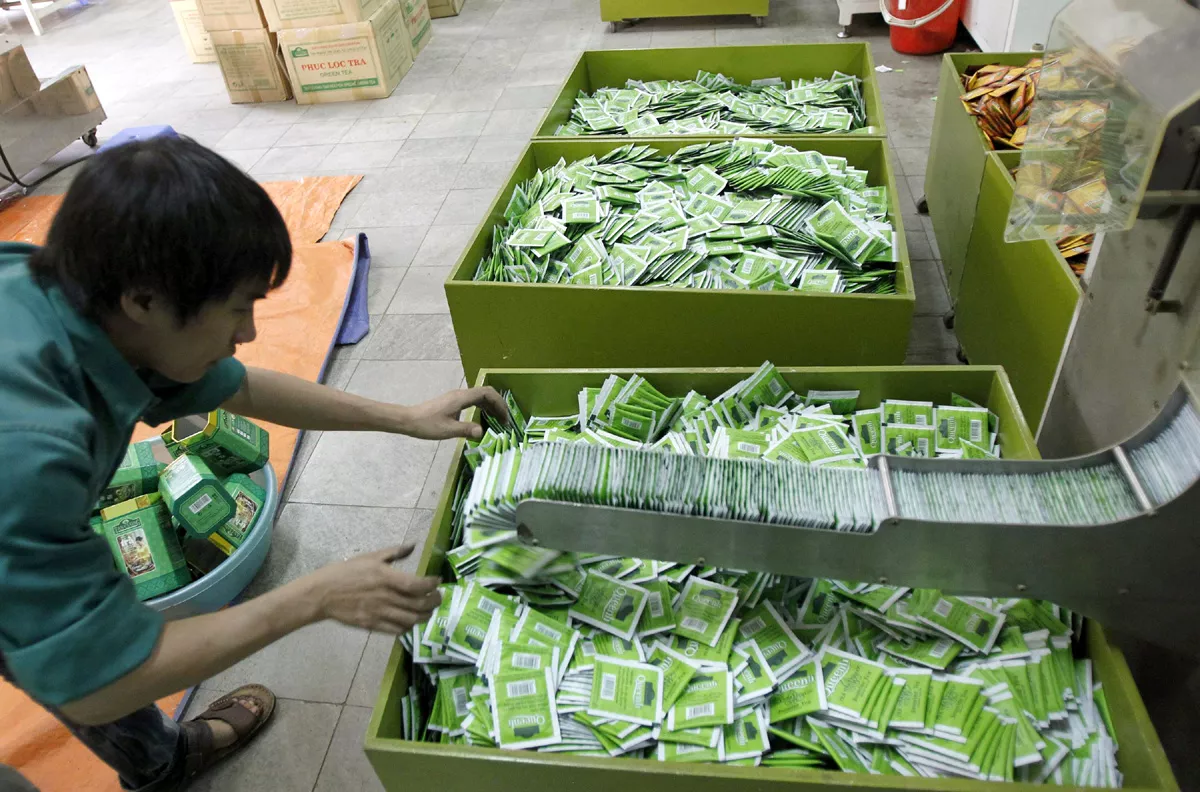Exchange goods, not contempt
Establish Peace Market at Wagah border to attract businessmen.

$500m was the amount the World
Bank had offered to Pakistan
for establishing the Zero Point Border Market. ILLUSTRATION: TALHA AHMED KHAN
Now this border is internationally known for the “carefully choreographed contempt” staged by the border patrolling forces every evening.
I propose that both countries should capitalise on their recently-activated trade contacts and announce a halt to this practice. Instead, this should be replaced by a ‘Peace Market’ at Wagah attracting retail customers and businessmen from both sides without crossing international borders. Thus, it will replace soldiers’ contempt with quarrels between sellers and buyers.
This is not fancy. Last year, the World Bank had offered to develop the Zero Point Border Market (ZPBM) at Wagah by declaring it a no man’s land. Later, the bank’s offer was withdrawn but the Asian Development Bank and UKAID showed interest.

According to the proposal, the ZPBM will be equipped with all facilities where business leaders from both India and Pakistan would be able to assemble without any visa requirements and discuss their business ventures, make business deals and go back to their respective countries.
The bank was willing to put money where its mouth is and had originally offered $500 million to Pakistan for the project.
Not possible? Already, a reasonable infrastructure in a boundary wall has been built on both sides, however, it is currently used for immigration and customs purposes only. It now needs to be expanded to build a marketplace.
In 1947, the two countries were heavily inter-dependent on bilateral trade as about two-third of Pakistan’s exports went to India and about one-third of Indian exports arrived in Pakistan. In 2013, these numbers were 0.27% of Indian trade basket and around 3% of Pakistan’s trade basket. The most important predictor of peace will be an increase in these numbers.
Formal bilateral trade between India and Pakistan is $2.4 billion. Most studies indicate the real potential lies anywhere between $8 and $10 billion. In trade, there are no losers. A key pre-requisite is more freedom for people-to-people contact, not just by relaxing rules, but also by actually making it happen.
Until that happens, a Peace Market can compensate for the reciprocated bureaucratic slackness.
As the goods under the proposed Peace Market will be restricted to retail operations and the exchange will only happen in the no man’s land, a zero customs duty zone can be effectively developed without any chances of goods being smuggled out either way.
The recent trip of Commerce Minister Khurram Dastgir Khan to India during the South Asia Business Conclave in January greatly helped in normalising trade relations. As Indian Commerce Minister Anand Sharma will visit Pakistan in February, this will further strengthen bilateral contacts.
In fact, his planned trip to Lahore is scheduled for February 14, an ideal day for fuelling romance – love for commerce. This day may be planned as the day to announce the establishment of the Peace Market at Wagah-Attari border.
The author is the executive director of PRIME, a free market economy think tank in Islamabad
Published in The Express Tribune, February 3rd, 2014.
Like Business on Facebook, follow @TribuneBiz on Twitter to stay informed and join in the conversation.



















COMMENTS
Comments are moderated and generally will be posted if they are on-topic and not abusive.
For more information, please see our Comments FAQ